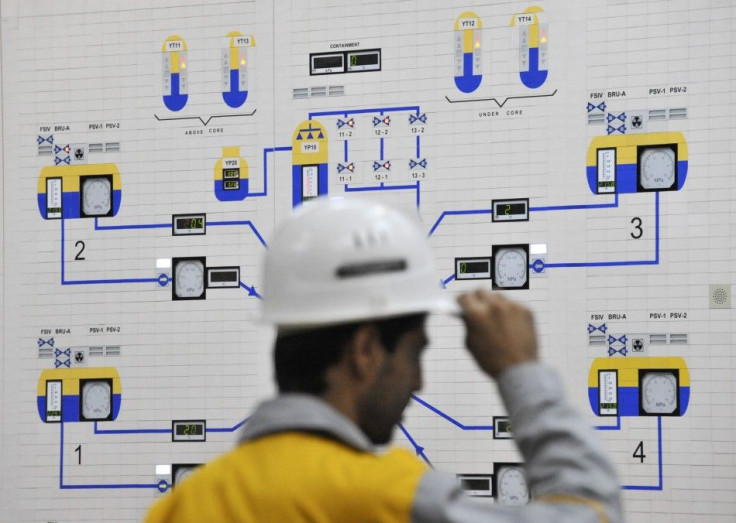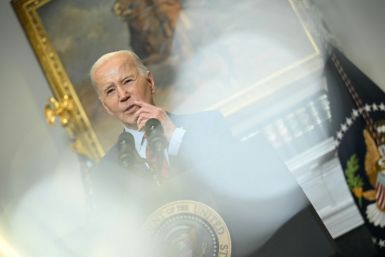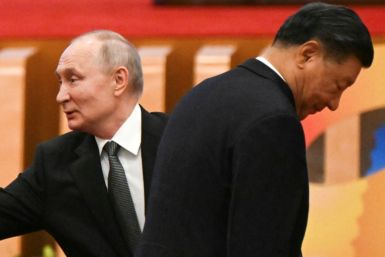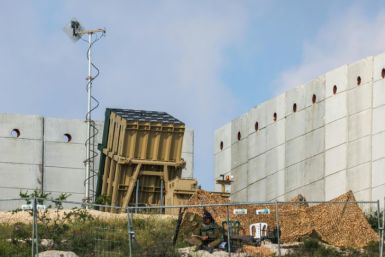Iran Isn’t At Fault Over Failed Nuclear Talks With U.S.; 7-Month Extension Could Yield No Deal At All

Despite claiming much progress has been made towards a resolution, the United States and Iran failed to reach a nuclear deal on Nov 24 because of the West's excessive demands, Muhammad Sahimi, professor of chemical engineering and materials science, wrote in the Huffington Post. He said it would be just impossible for Iran to blindly give in to the U.S.' demands given that it has proven its resilience to the economic sanctions the other has imposed for over three decades.
Portal foreignpolicy.com, however, believes the two countries could possibly arrive at no deal at all. On Monday, U.S. Secretary of State John Kerry announced a 7-month extension of the Joint Plan of Action (JPA). But observers believed the extension may still amount to nothing. "One side wants to be able to build a bomb, and the other side wants exactly the opposite," Kevin Drum said in motherjones.com.
Sahimi said Iran has made a lot of concessions to the U.S. along the process of negotiations for the deal. Such cooperation of the Middle Eastern nation has, in fact, prompted shares in the Tehran Stock Exchange to improve. Iranians, too, according to a report by CBS, wants the economic sanctions lifted. Its government wants it too, just that it cannot give up everything its got in exchange for a measly, gradual suspension of some of the sanctions. Note that the U.S. can only negotiate for a gradual suspension because it does not require congressional consent, Sahimi said.
Despite the economic sanctions, foreignpolicy.com, citing a survey by Gallup in early 2013, showed Iranians support the country's continued development nuclear power programme, at a whopping 63 percent. It is perhaps this support that Iran will not totally agree to abandon its nuclear ambitions.
Moreover, Sahimi said, the U.S. has been pushing forward too many demands, "trying to impose a new and illegal interpretation of Iran's obligations under the NPT and its SG Agreement," when, in fact, Iran's SG Agreement with IAEA cites no restriction on the number of centrifuges that Iran can possess.
The Iranians, despite the deadlock on Monday, opt to hope for the best. "This situation is not too bad," Mojtaba Shabazi, a trader at the Tehran Stock Exchange, told CBS. "It looks to me as if Iran and the West want to make an agreement at last."






